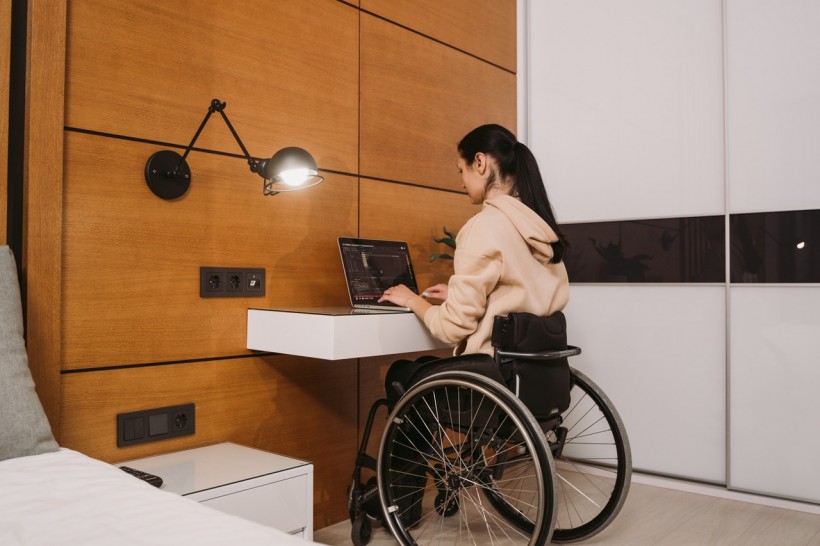A new neurological device, also called a brain-computer interface, was confirmed as a safe alternative for assisting paralyzed patients due to amyotrophic lateral sclerosis or ALS.
The participants, according to the report, we're able to utilize a computer for text-based communication and other digital tasks such as online shopping and banking.
The novel approach to easing the daily activities of ALS patients was released on March 29 and will be presented at the upcoming 74th Annual Meeting of the American Academy of Neurology in Seattle.
ALS and Limiting Paralysis

ALS is a type of condition that is categorized as a progressive neurodegenerative illness. The disease could impact the nerve cells or neurons contained in the brain organ. In addition, the spinal cord and its components could also be affected, which may result in additional problems in other functions of the body.
Most ALS patients have difficulty initiating muscle and bone movements. Unfortunately, many of them lose overall control of these body functions and are paralyzed.
University of Melbourne expert and author of the study Bruce Campbell, who is also a member of the American Academy of Neurology, explained that people with ALS commonly lose their ability to move their legs and arms, which makes them disconnected from any communication through computers or even phones.
The latest research is much less invasive than conventional treatments for ALS patients that involve opening their skulls. The brain-computer interface device is undoubtedly better due to a simple utilization of electrical signals sent throughout the brain organ, allowing patients to control their preferred communication instrument with just thoughts and without the need to move any parts of their body.
The study was made possible through the help of four ALS patients, who each gave consent for the surgical implant. The device is injected into either of the jugular veins hidden in the neck and connected to the brain's large blood vessel.
ALSO READ: ALS Patients Find New Hope in a New Oral Drug Candidate Scientists are Currently Examining
Brain Computer Implant Found Effective for ALS Patients
The brain computer has a component similar to a mesh material with 16 sensor pieces equipped with it. Thes sensors expand to the brain's blood vessels and are connected to the electronic device on the chest. From here, the signals from the neurons located in the motor cortex travel to the computer, where the commands are relayed in real-time.
Each of the participants was monitored by the scholars for a year. Throughout the months that passed, there were no implications caused by the device, nor a problem with the implant's system.
The tiny neurological devices were also found in the same location where they were first administered to the patients. Moreover, one participant reported a non-contact control without the assistance of the specialized eye-tracker installed in the computers.
The study on the device is still new, but holds a promising solution for the future of ALS patients in paralysis. The research will proceed by including larger participants from Australia and the United States, EurekAlert reports.
RELATED ARTICLE: Nap Time of Older Adults During Noon Sign of Dementia, Experts Says
Check out more news and information on Neurology in Science Times.














